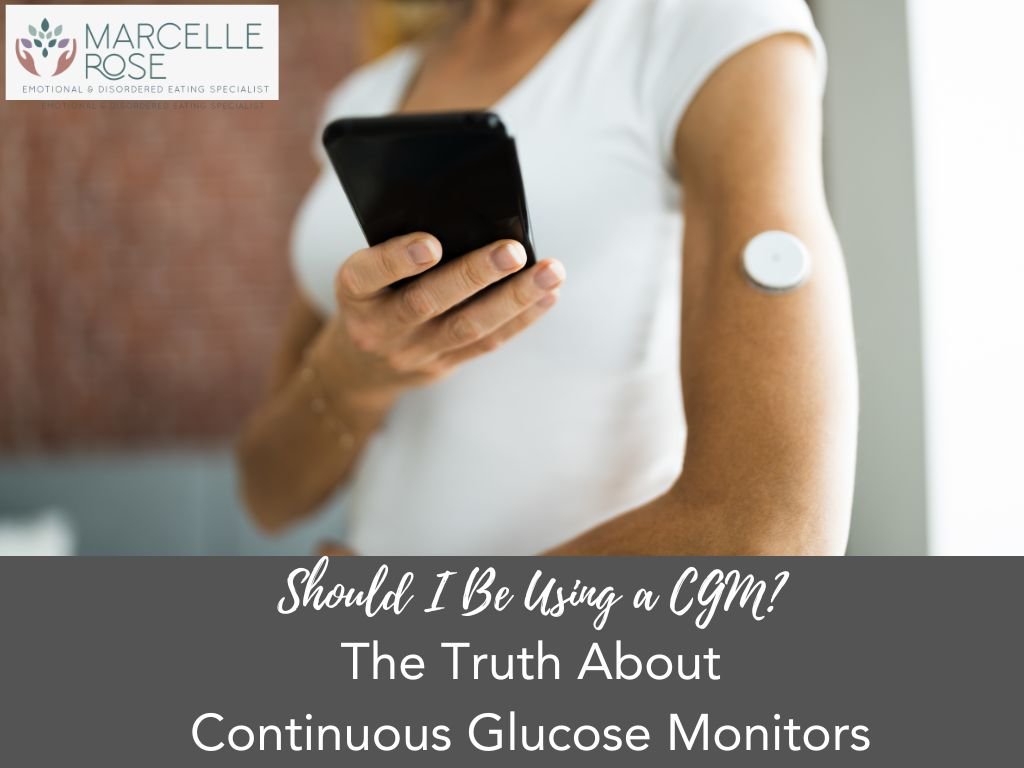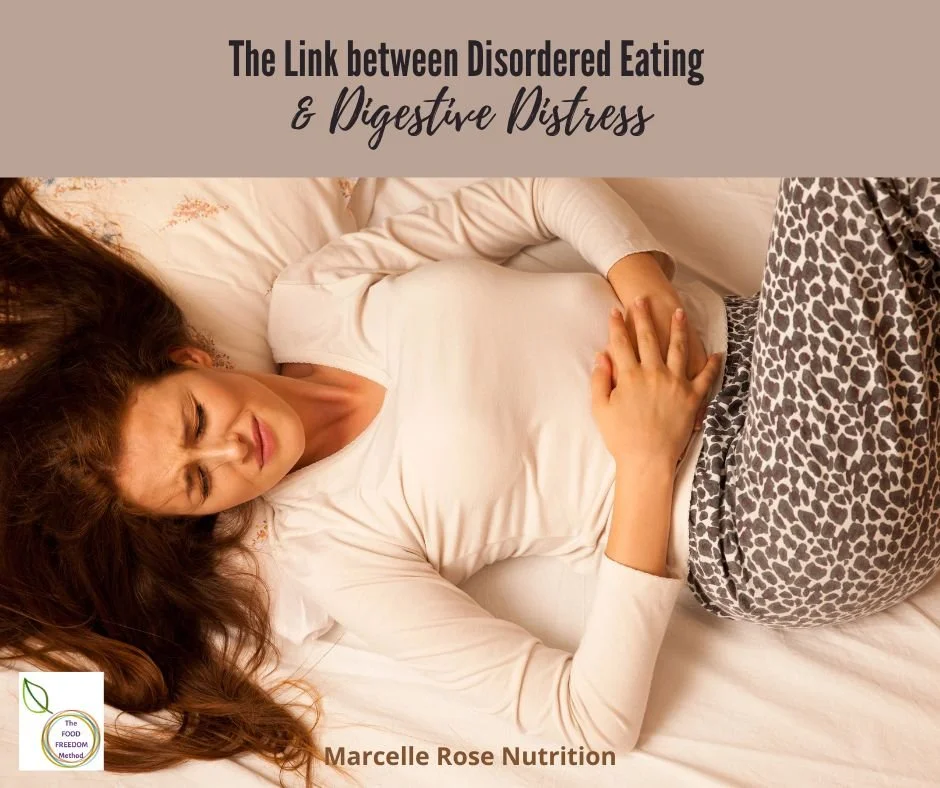There's an unquestionable relationship between how and what we eat and our mood. This connection can manifest in various ways; It may be that low mood or anxiety leads you to a sense of needing to control your food intake or feeling completely out of control around food. On the flip side, chaotic eating may lead to nutrient insufficiencies that influence your brain health and the production of brain chemicals and hormones that play a role in your mood.
It’s important to understand the role of specific nutrients in maintaining optimal mental well-being. Just as a well-tuned engine requires the right fuel, your brain and body relies on essential vitamins, minerals, amino acids, and fats to regulate your brain chemicals (known as neurotransmitters) and hormones that impact your mood.
Let's take a look at some of these nutrients and discover where you can find them in your diet:
Amino Acids for a Balanced Mood
Amino acids are the building blocks of proteins, and they play a critical role in the production of neurotransmitters, which are chemical messengers that transmit signals between nerve cells in the brain. Several amino acids are involved in the synthesis of neurotransmitters.
Here are some key amino acids and their roles:
Tryptophan is a precursor to serotonin, a neurotransmitter associated with mood regulation, sleep, and appetite control.
Tyrosine is a precursor to both dopamine and norepinephrine. Dopamine plays a role in pleasure, reward, and motivation, while norepinephrine is involved in the body's stress response and arousal.
Phenylalanine is another precursor to dopamine and norepinephrine. It is converted into tyrosine, which is then used to produce these neurotransmitters.
Glutamine s an important precursor for GABA, a neurotransmitter that has inhibitory effects on the brain. GABA is involved in reducing anxiety and promoting relaxation.
These amino acids can be found in a variety of protein-rich foods, including meats, dairy products, eggs, soy, nuts, seeds, and some vegetables.
Micro nutrients
B vitamins are a diverse group, some of which have a unique role in maintaining our mental well-being.
Vitamin B6 (Pyridoxine)is involved in the metabolism of oestrogen and progesterone and can help maintain hormonal balance.
Found in: Chickpeas, bananas, poultry, fortified cereals. Role: Essential for converting the amino acid tryptophan into serotonin, a neurotransmitter that contributes to feelings of happiness and well-being
Vitamin B9 (Folate or Folic Acid) supports the production of dopamine and serotonin, which are crucial for mood regulation.
Found in: Leafy greens, legumes, citrus fruits, fortified grains.
Vitamin B12 (Cobalamin) maintains nerve cell integrity and aids in neurotransmitter production.
Found in: Animal products (meat, fish, dairy)
Vitamin D, often known as the sunshine vitamin because we receive most of our intake from sunlight exposure. Regulates mood and may help prevent mood disorders like depression.
Found in: Fatty fish (salmon, mackerel), eggs fortified dairy products
Magnesium activates enzymes involved in neurotransmitter synthesis, potentially improving mood. Magnesium plays a role in hormonal balance and can support the production of progesterone.
Found in: Nuts, seeds, leafy greens, whole grains.
Zinc supports neurotransmitter function, including serotonin and is involved in the synthesis and regulation of hormones, including progesterone.
Found in: Meat, seafood, nuts, legumes.
Iron is essential for the production of dopamine and other mood-regulating neurotransmitters. (too much of this can however have a negative effect and important not to take supplements without first checking serum levels.)
Found in: Red meat, poultry, beans, fortified cereals.
Selenium acts as an antioxidant and may influence mood regulation. It is also important for thyroid function, and imbalances in thyroid hormones can affect mood and oestrogen levels.
Found in: Brazil nuts, seafood, whole grains.
Omega 3 fats are critical for brain health. They play a role in the formation of cell membranes and neurotransmitter function, affecting mood regulation. EPA + DHA forms of omega 3 fats, are involved in regulating the release of neurotransmitters and hormones that affect mood, including serotonin and cortisol.
Found in - Fatty fish (salmon, mackerel, sardines), flaxseeds, chia seeds, walnuts.
My take home message is to avoid obsessing over individual nutrients but instead think about what you can add in to build a balanced, varied diet. You may be fearful of carbs or fats for example and as a result be missing out on key nutrients that will help you feel better and bring a greater sense of feeling in control around your eating.
Are you ready to make peace with your body and build a happy relationship with food?




















